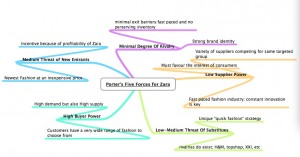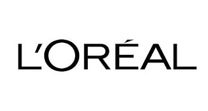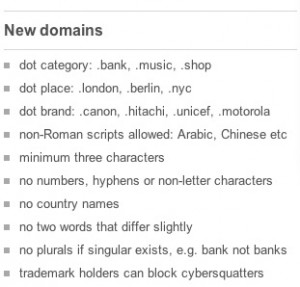If the marketing textbook was the hardware, the marketing assignment would be the software. The course was an adequate combination of learning the concepts and then putting them into practical use upon research and analysis.
The Marketing Assignment taught me many things, here are just a few:
1. No team collaboration, no consistent assignment outcome.
Communication was very important in a group setting, even if it meant a nod or an agreement of some sort. In addition, if tasks were divided right from the beginning, the end work will not be consistent and there might be overlaps. Therefore it was important to have everyone’s input on the finalized copy of the assignments.
2. Everyone has something special to contribute.
A creative idea, video making skills, organization skills, written communication skills…Over the term, I had the chance to discover something special about each one of my team members and I find this experience to be very valuable.
3. It is always nice to finish the assignment one day ahead.
Procrastinating is not the solution to a group project with all the other things going on. We learned this the hard way but we quickly adjusted our speed and was much more efficient and stress free afterwards.
4. I will be able to talk on and on about Air Canada, and the company will continue to be on my watch.
This assignment required a lot of researching and it eventually brought out my interest in Airlines. Through research, I found many interesting facts about Air Canada that I would have never come in contact otherwise.
Accounting, Finance, GBM, TLog… My biggest getaway from this assignment is that no matter any field we specialize in, Marketing skills (communication, persuasion, collaboration, etc) will combine with your other skills to make how you are professionally. Future marketing courses are definitely in my consideration. Thank you Tamar for a great class!





 (Samsung Galaxy Tab 7.7)
(Samsung Galaxy Tab 7.7)